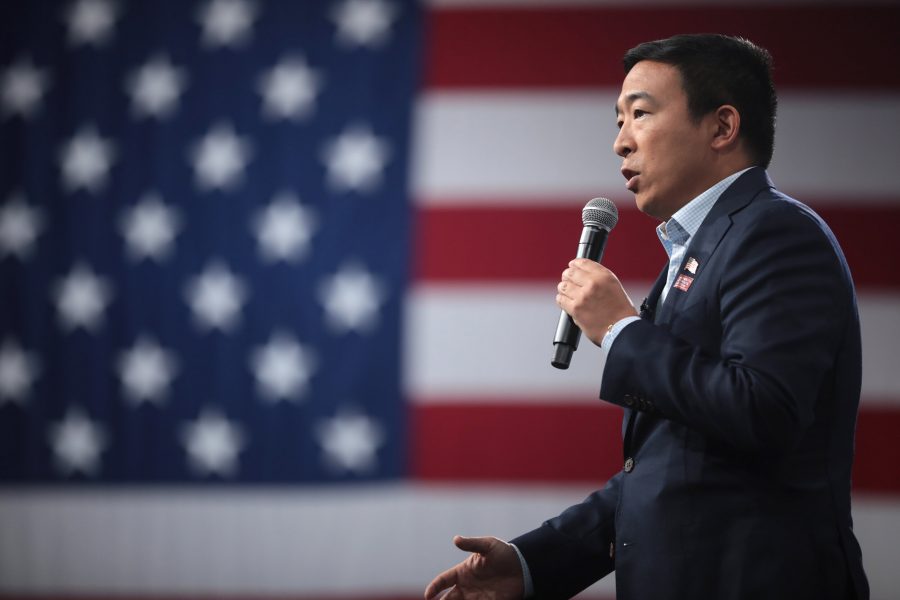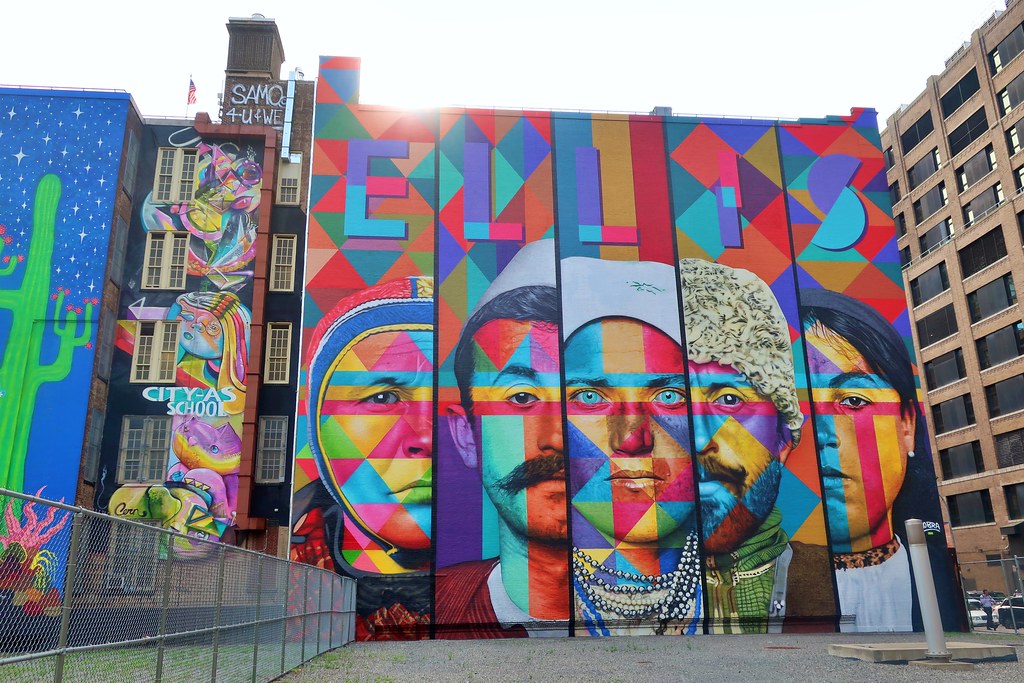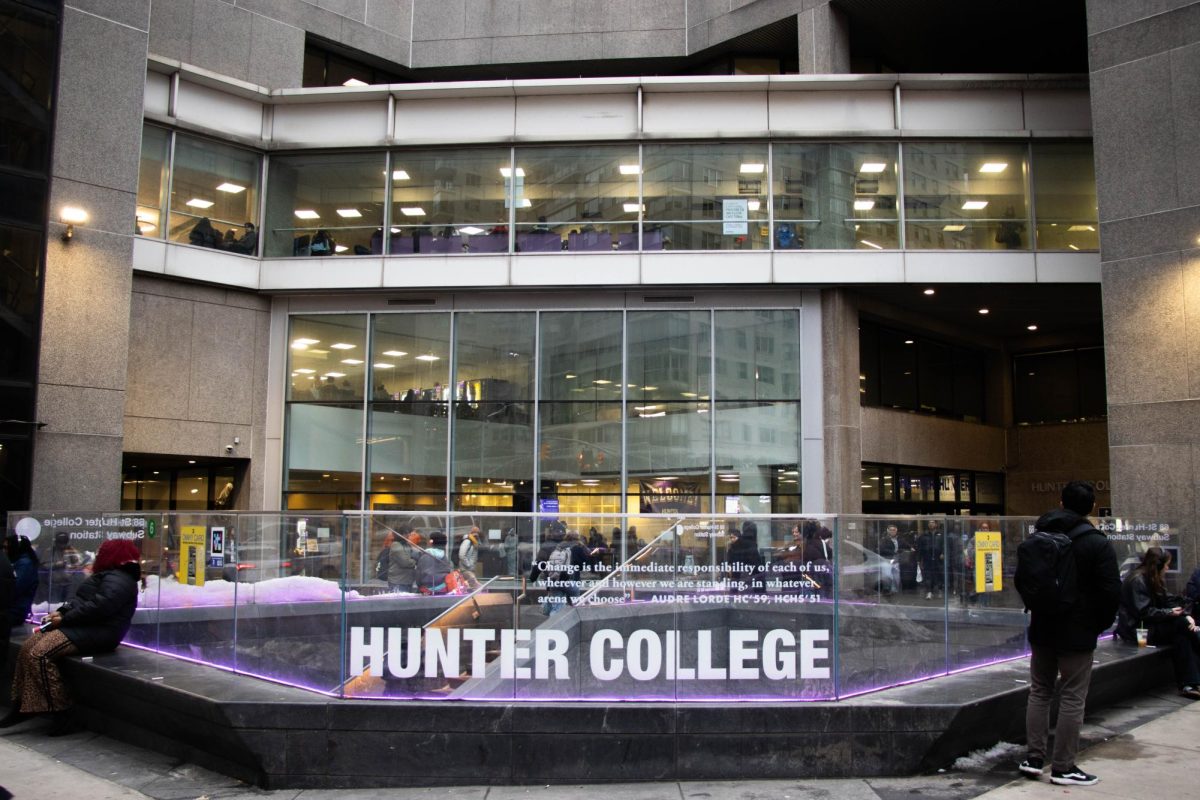After two quite interesting and rather long terms of New York City Mayor Bill de Blasio, it is now time to pick a new mayor amid the existential health, poverty and economic crisis that has hit the Big Apple.
When thinking of a good choice to replace de Blasio as the head of the city, a special name comes to mind: Andrew Yang.
It’s time for a shakeup in New York City and Yang may be the one to bring it.
Yang, a tech entrepreneur, philanthropist and former 2020 Democratic presidential candidate, officially announced his mayoral campaign on Jan. 13.
His proposals were offering citizens a basic income of $1,000, opening 15,000 small businesses and opposing technological automation of jobs.
His basic income plan, which seemed like a joke to some and a life saver for others, was known throughout Yang’s presidential campaign as “Freedom Dividend” and is now being brought to New York City.
“If I had the capacity to do so, we’d be giving everyone $1,000 a month right now,” Yang said. “We can make extreme poverty a thing of the past.”
According to Yang, the program is set to be the largest basic income program in the history of the country. It will supposedly lift hundreds of thousands of New Yorkers out of extreme poverty and put cash into the wallets of people who need it.
This concept is not something new. Advocates of guaranteed income include legends from prior generations such as Thomas Paine and Martin Luther King, Jr.
As learned from history, particularly from the doings of former President Franklin D. Roosevelt and the mistakes of former President Herbert Hoover, government aid is provided to lift society out of a recession.
With the New York City’s declining population, Yang wants to be the one to do it.
But the problem is whether New York City should be handing out more money if it has a $5 billion budget hole to fill due to the coronavirus pandemic.
Although not much has been stated by Yang’s campaign in respect to how the program is going to be paid for, it’s known the program is projected to cost roughly $1 billion.
Regardless of the criticism, the basic income debate is something that the United States has to address and what better place is it to have that talk than New York City, the financial capital of the world.
Yang has also made it a mission to expand and maintain a reliable transit system.
“I will have a fully electric bus system by 2030. Building this forward thinking transit network will require municipal control of the city’s subways and buses, as mayor I will fight to get control of our subways and buses so we can control our own destiny,” Yang said.
This will be particularly helpful for CUNY students that commute daily into the busy city.
Like most New Yorkers, Yang is an avid bike rider.
He vowed that, if elected, he would work to improve and further develop on bike lanes that will not only make people’s transportation more efficient, but also decrease the waiting time of the average New Yorker’s DoorDash order.
Yang may be the savior of New York City. Only time will tell.







